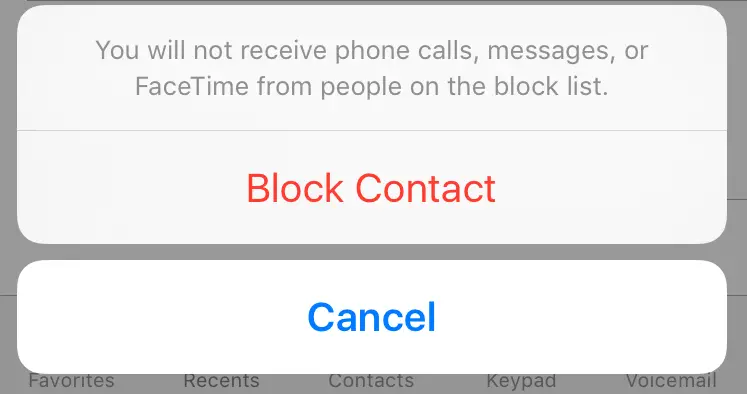The art of catcalling usually takes place on the street and occurs when a woman is harassed by a stranger who directs sexually explicit comments toward her. Whether it’s walking to class in the morning or spending a night on the town with friends, catcalling can take place at any time and place.
The comments can vary and tend to depend on the creativity of the catcaller. Sadly, catcalling has taken on many new forms thanks to technology, and the concept of online catcalling is just as annoying and awful as traditional street harassment.
Without a doubt, technology has greatly revolutionized the way people communicate and live their lives on a daily basis. From the invention of laptops to the development of smartphones, people have access to the digital world at their fingertips. With the help of social media, people have the opportunity to contact anyone across the globe easily through email, text, Snapchat and direct messaging on social media websites.
The online world may seem small or not as important in comparison to the real world. However, the online world is actually growing at a rapid pace.
The issues with online catcalling are just as severe — if not worse — than in-person catcalling. When looking into online catcalling, you should also note that it’s not just random strangers who are doing the harassing; it can also be acquaintances on a person’s social network.
People on social media are able to say more because they are protected by a screen. Because of this, online catcalling can produce an unwanted wave of misogynistic messages that no one wants to be the target of.
Whether it’s in the form of a comment on an Instagram picture or a direct message on Tinder, online catcalling can give victims extreme discomfort and make it difficult for them to know how to respond. Here are some helpful tips to help approach online catcalling and end the harassment for good.
1. Screenshot and Post on a Social Media Platform

Sometimes, it is easier to let a situation slip under the radar. While remaining unbothered and unfazed by a cat caller’s comments may seem like the most rational thing to do, it lets the catcaller evade accountability for their actions. After all, the more the catcaller can do without being called out, the more they will continue their erratic behavior.
Whatever way of online catcalling the perpetrator decides to use, always make sure to screenshot the comments. Then, make a post containing the screenshots on a social media platform where other users can see it.
Provide a little bit of context about the screenshots, and let everyone know how the comments made you feel. By raising awareness to the issue, it can help other people who are going through a similar situation respond to online catcalling effectively. Your social network will see the vulgarity of a catcaller’s comments and their username, which can ultimately inform them about the severity of online catcalling.
2. Reply and Report

As previously stated, it can feel less complicated to simply ignore an online catcaller. However, the comfort many online cat callers feel behind their screens is what ultimately leads them to make such unnecessary and graphic comments. The ease of partial anonymity motivates online catcallers to believe their crude comments are void of consequences.
Choosing to reply to an online cat caller does not have to involve a complex and lengthy message back — unless you want to send one. For those who would rather keep it concise, a reply can be short, simple and in the form of a question, such as, “Would you find it okay if someone spoke to your mother or sister in that way?”
In my experience, simply asking the online catcaller that question thoroughly changes their mindset. It tends to shut down any unwanted forms of online sexual harassment by the catcaller because they usually do not want to see female family members of their own in that same context.
After replying, it would also be useful to report the online catcaller. In fact, most social media sites and apps have the report option, which can alert the moderator of any types of harassment.
3. Befriending the Block Button

When in doubt, never underestimate the power of the block button. Online catcalling can take on various forms, but thankfully, most social media sites allow you to block users.
If a catcaller is still being relentless after you’ve tried the steps above, blocking them is probably the best course of action, and it can give you the peace-of-mind you deserve. In the end, you don’t have control of what others say and do, but you do have control of who can contact you online, so don’t be afraid to seize that power if you need to.
I recommend doing all three of the steps mentioned above because online catcalling is a serious issue that should not be ignored. Sexual harassment is never okay, and although online cat calling may seem easier to combat than in-person disturbances, disregarding negative online behavior further increases the motives for online catcallers.
Brushing off online cat calling only contributes to disgusting behavior made by catcallers. Furthermore, the more victims of online cat calling choose to avoid the problem, the more online cat callers will not hold themselves accountable. When online catcalling problems arise, tackling the issue head-on will help to alleviate these instances happening in the future.

















